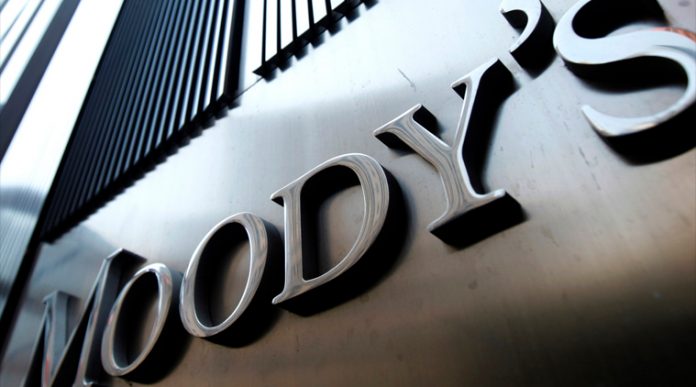LAHORE: July 25 saw Pakistan transitioning into a democratic system for the second time in its 71 year history. The former government left the country slowly sinking in a swamp marred by a current account deficit, a trade deficit, depleting foreign reserves, and Pakistan’s inclusion in the Financial Action Task Force’s (FATF) grey list for failing to curb money laundering and terror financing related activities.
Following the general elections which were held on Wednesday, Moody’s Investor Service today published its report stating its economic predictions that the new government will have to face.
On the economic front, the primary credit challenge that Pakistan faces in the short term is its increased external vulnerability or risk. Potential short-term economic solutions include fiscal and monetary policy tightening, exchange rate depreciation, and quite possibly as a last resort – knocking on the doors of the IMF for another bailout.
The country can also use its relations with China, and more specifically, score external financing through public, as well as private Chinese commercial entities such as banks to keep the economy afloat. However, Pakistan’s dwindling foreign reserves, along with its rapidly declining international credit worth may cause issues in financing.
Moody’s stated, “The implementation of such measures may face delays as PTI’s election pledge also includes increasing social spending, reducing taxes – as part of tax reform plans – and lowering energy costs”.
In the long run, Pakistan’s credit challenges include the country’s disappointing global competitiveness rankings, structural issues in governance, security and rule of law, corruption, and an extremely narrow tax base.
“We expect the ongoing implementation of the China-Pakistan Economic Corridor (CPEC) to drive improvements in power supply and infrastructure, which should raise economic competitiveness and boost industrial activity over time”, added the report.
Commenting on the PTI’s anti-corruption platform with which it built its foundations, the report said that any new government will have to face the challenges of tackling institutional weaknesses in the country.
Collection of revenue has always been a longstanding issue for Pakistan. Expanding the definition of taxable income by removing or restructuring tax preferences could significantly increase revenue. For the next government, the main challenge will be to chalk out a tax policy that is effective in terms of revenue collection and essentially broadens the tax base.
























